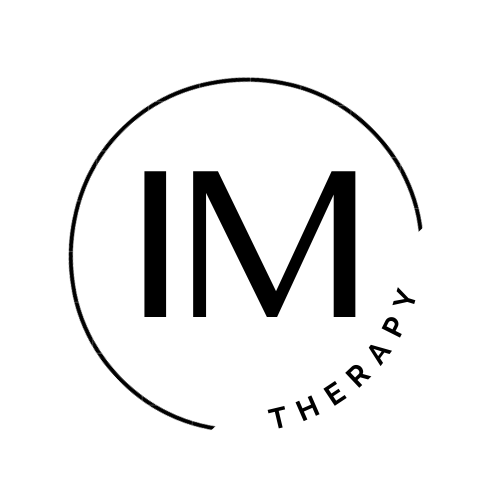SLPs serve a very important role for those who have difficulty with their dietary intake. Feeding aversion, which is a condition most often addressed by some SLPs working with children, can have devastating effects on a child’s health and development. Feeding aversion is essentially the avoidance of certain types of food. For reasons unknown, children may regularly be driven away from certain food types, e.g., crunchy foods; soft, mushy foods, cold foods, etc. When the issue is ongoing and affecting the child’s health and well-being, professional intervention may be indicated. In some cases, dietary intake is so restricted that alternative sources of nutrition may need to be considered.
Dysphagia, which is another condition seen by SLPs across the lifespan, is a condition that may be of sudden onset or one that is gradually developing. Those with dysphagia may have difficulty safely swallowing liquids and/or solids. The problem may manifest itself in the oral preparation of the food, (e.g., correctly posturing the tongue, chewing food thoroughly), propulsion of the food or liquid back towards the throat, the actual swallowing of the food or liquid, and the acceptance of the food or liquid into the digestive tract. If the timing or mechanics are not precise then the food or liquid may find itself somewhere in the respiratory tract–coughing or choking may ensue (immediate medical attention is warranted if this occurs). If the issue is ongoing, professional intervention from an SLP may be indicated.
SLPs trained to work with feeding and swallowing issues are experts in diagnosing and treating feeding aversion and/or dysphagia. As professionals knowledgeable in this area, SLPs are often at the front lines in helping to identify and treat the signs and symptoms of the feeding or swallowing difficulty. SLPs work collaboratively with other health care professionals to help tailor a plan that is tailored to fit each patient’s needs.
If you or someone you know needs the services of a licensed and certified speech-language pathologist, please be sure to discuss your concerns with a physician, a speech-language pathologist, or another qualified provider. You can also find a provider through the ASHA ProFind service or visit us at www.bilingualspeech.org for more information. NOTE: If you have an urgent medical need, please seek immediate medical attention.

